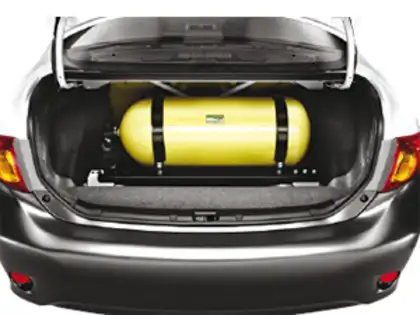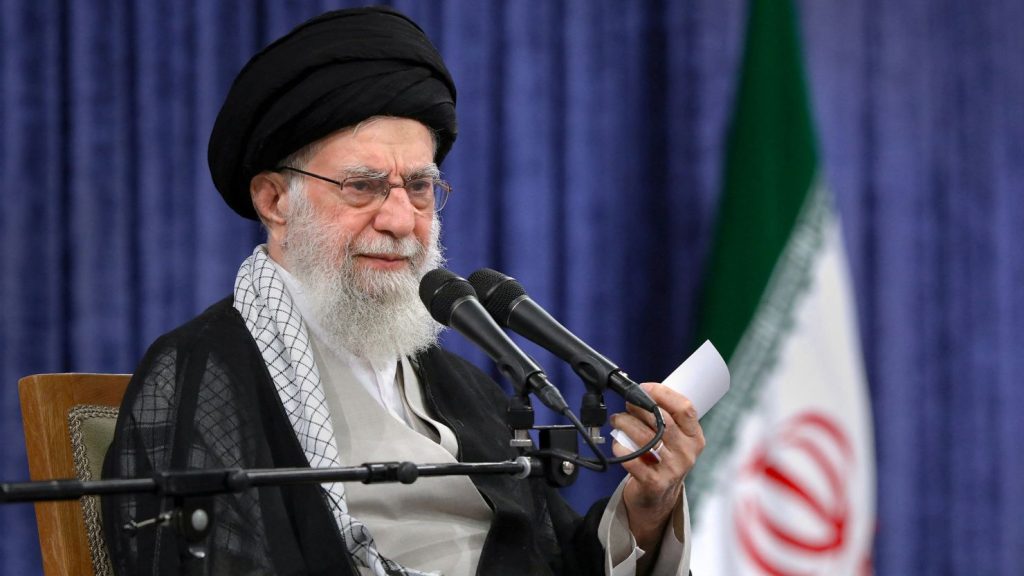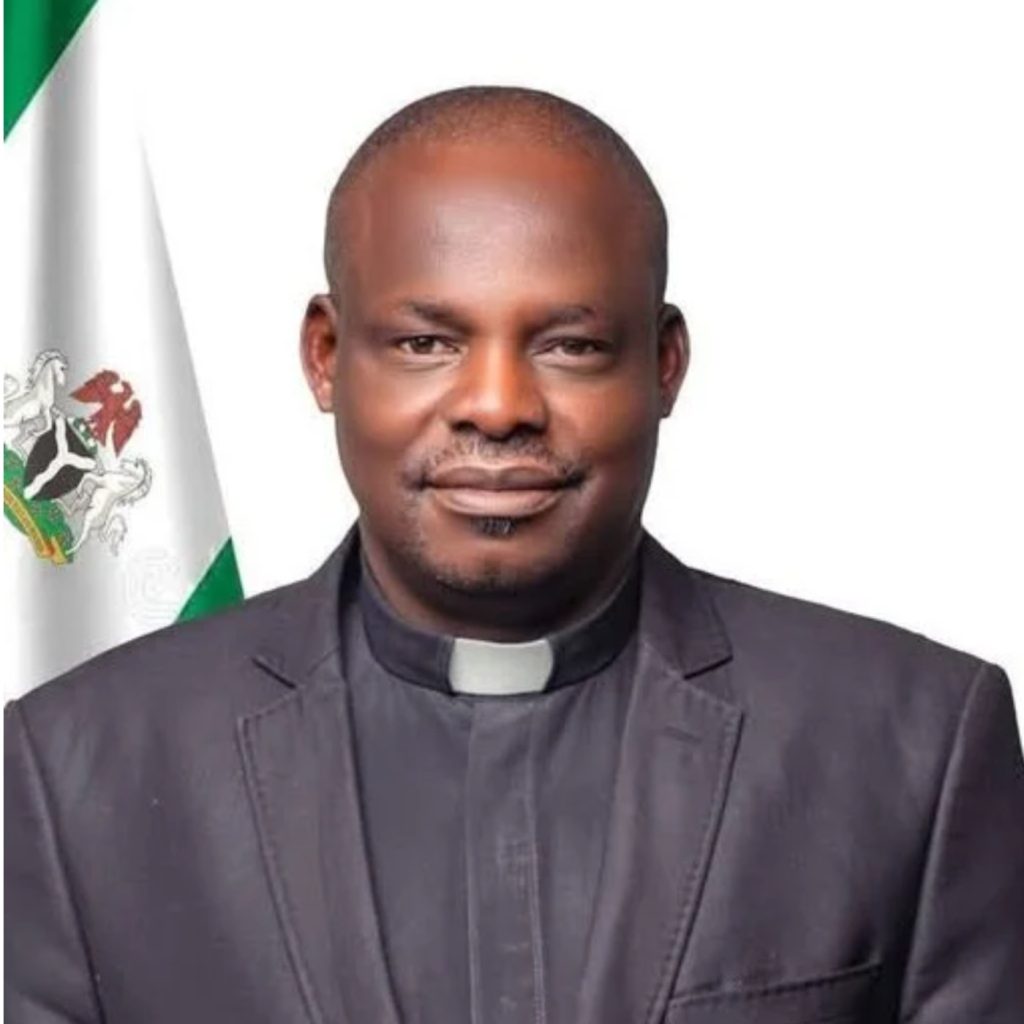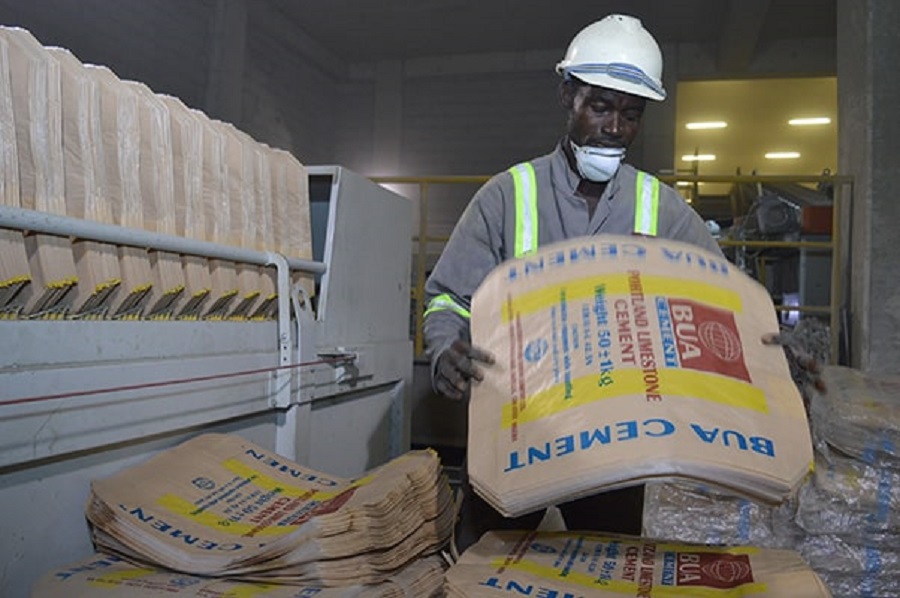Renewed Investigation in the Congo: A Quest for Justice and Accountability
The International Criminal Court (ICC) prosecutor, Karim Khan, has announced the renewal of an investigation in the Democratic Republic of Congo, focusing on alleged crimes committed in the conflict-torn North Kivu province since early 2022. The decision comes after a long history of violence and instability in the region, which has left over 7 million people displaced and many beyond the reach of aid.
For decades, Eastern Congo has been plagued by more than 120 armed groups vying for control of the region’s rich natural resources, including gold and other precious metals. The most active rebel group, M23, emerged more than a decade ago and has been responsible for several high-profile attacks, including clashes with government-backed militias in August that killed 16 villagers, violating a cease-fire intended to aid millions of internally displaced persons.
The ICC first opened an investigation in Congo in 2002, following years of armed conflict. Last year, the Congolese government asked the ICC to investigate alleged crimes committed by armed groups operating in North Kivu since January 2022. In a statement, Khan emphasized that the recent violence is connected to a pattern of violence and hostilities that has plagued the region since 2002, and therefore falls within the scope of the ongoing investigation.
The probe will not be limited to specific groups or individuals, but rather will examine the responsibility of all actors allegedly committing crimes within the court’s jurisdiction. The ICC has previously convicted three rebels of crimes in Congo’s Ituri region, including notorious warlord Bosco Ntaganda, known as "The Terminator," who was found guilty of murder, rape, and sexual slavery. His 30-year sentence was upheld by appeals judges in 2021.
The renewed investigation into North Kivu comes as a crucial step towards holding perpetrators of human rights abuses accountable and bringing justice to victims. As the international community watches, the stakes are high for the people of Congo, and the outcome will be a critical test of the ICC’s ability to effectively pursue justice in one of the world’s most complex and challenging crises.



